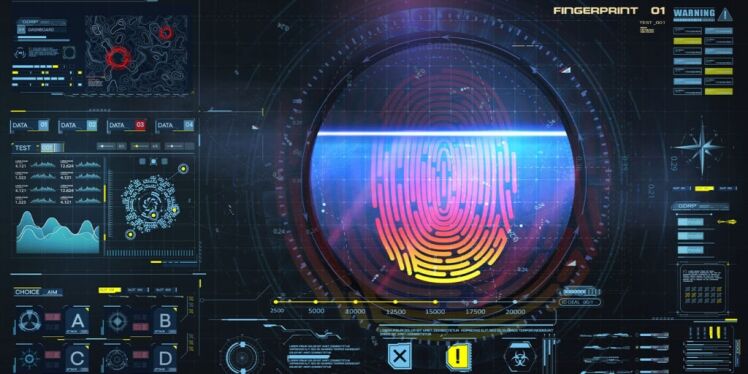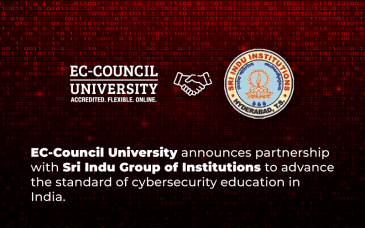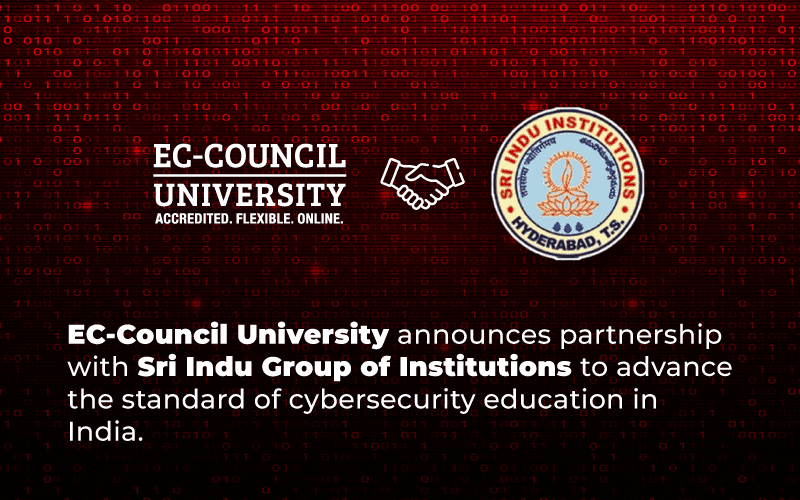Digital Forensics: A Lucrative Career Path in 2022 and Beyond
Organizations are increasingly reliant on the internet and their digital assets. Consequently, cybercrimes have become a global threat as organizations increasingly adopt innovative technologies to scale their businesses, which skilled cybercriminals can use to execute their attacks.
This has led to increased demand for digital forensics professionals who can help organizations protect their data and systems and track down those responsible for breaches. A digital forensics expert can identify the perpetrators of cybercrime and determine how they carried out their attacks—which, in turn, can prevent cybercriminals from launching successful future attacks.
In 2020, the worldwide digital forensics market was valued at USD 6.8 billion, and it’s only expected to grow, with projections for 2028 reaching a whopping USD 23.5 billion (Verified Market Research, 2021). If you’re interested in preventing cyberattacks and investigating computer-related crimes, digital forensics is an excellent career option in 2022 and beyond.
What Does a Digital Forensics Professional Do?
Digital forensics, also known as cyber forensics or computer forensics, is a branch of forensic science that centers on finding and prosecuting cybercriminals. Digital forensics experts play an integral role in ensuring the security of systems, applications, and devices—including emerging technologies like cloud-based infrastructures—in legal, enterprise, and other organizational contexts.
A digital forensic investigator gathers, preserves, and analyzes digital evidence to be used in a court of law or other proceeding investigating a cyberattack. As such, digital forensics experts are essential in preventing cybercrime and minimizing the impact of cyberattacks that manage to get past an organization’s defenses. Without digital forensics experts, law enforcement agencies would find it difficult to fight crime in today’s tech-driven society.
Digital forensics professionals need to have extensive knowledge of cybersecurity in general, as well as deep expertise in specialized cyber forensics techniques. Like most cybersecurity professionals, digital forensics experts need to engage in continuous learning to stay up to date with emerging tools and technologies and keep abreast of current industry trends.
How to Become a Digital Forensics Professional
A strong background in computer science, IT, forensic science, or a similar field is typically necessary to pursue a career in digital forensics, as computer forensic investigators need extensive knowledge of hardware, software, and related cybersecurity measures.
It’s also helpful to have an understanding of data science, law and policy (particularly as relevant to cybersecurity and cybercrime), and forensics principles and procedures. In addition to this technical background, digital forensics professionals should also have good soft skills, such as analytical thinking, a strong sense of ethics, reliability, and communication abilities.
Acquiring relevant certifications or completing a degree in the field, such as a master of science in digital forensics, is a good way to build your knowledge base and skill set, as well as a clear demonstration to potential employers that you have the competencies they need.
After obtaining these credentials, digital forensics professionals often start out in an entry-level or generalist position, such as computer forensic technician or digital forensic examiner. As you gain experience, you’ll have the option to pursue any one of a variety of specialized career paths—for instance, cloud forensics, Internet of Things forensics, or malware forensics.
EC-Council University’s Master of Science in Cyber Security
EC-Council University (ECCU) has designed its Master of Science in Cyber Security (MSCS) program to prepare learners for cybersecurity and information assurance roles across a range of industries. ECCU’s MSCS program offers five learning tracks mapped to real-world job roles, including a digital forensics specialization.
Our one-of-a-kind program has the following features:
- 12 courses (36 credit hours), which can be completed in just 2 years
- 100% online, offering flexibility as to when and where you learn
- 10 to 12 hours of study per week, which can be completed around professional and personal obligations
- Engaging content with video lectures, assigned readings, discussion threads, research projects, and weekly feedback sessions with professors
- Extensive hands-on practice with ECCU’s 100% virtual iLabs environment
The Digital Forensics Specialization at EC-Council University
In the MSCS digital forensics specialization, you’ll cover all aspects of digital forensics, including how to investigate network intrusions and perform mobile forensics. ECCU’s master’s program in digital forensics will equip you with the industry-relevant skills needed to launch your career as a computer forensics investigator with a business or government agency.
ECCU’s Digital Forensics specialization is also mapped to three industry certifications from EC-Council:
- Certified Network Defender (C|ND)
- Certified Ethical Hacker (C|EH)
- Computer Hacking and Forensic Investigator (C|HFI)
Note that admissions for 2022 are ongoing, and the new session begins on July 5, 2022. To learn more about ECCU’s admission requirements, visit our admissions page. You can also request more information by contacting us or emailing the registrar’s office. To take a virtual tour of ECCU, visit https://www.eccu.edu.
FAQs
Ans. ECCU’s MSCS offers five specializations: Digital Forensics, Security Analyst, Cloud Security Architect, Incident Management and Business Continuity, and Executive Leadership in Information Assurance. The Digital Forensics specialization is designed to equip you with the skills needed to establish your career as a digital forensics expert.
Ans. According to Glassdoor (2022), the average salary for a digital forensics examiner in the United States is USD 68,850.
Found this article interesting? Follow EC-Council University on Facebook, Twitter, Instagram and LinkedIn to read more exclusive content.
References
Glassdoor. (2022, May 23). Digital forensics examiner salaries. https://www.glassdoor.sg/Salaries/us-digital-forensics-examiner-salary-SRCH_IL.0,2_IN1_KO3,29.htm
Verified Market Research. (2021). Digital forensics market size and forecast. https://www.verifiedmarketresearch.com/product/digital-forensics-market/












